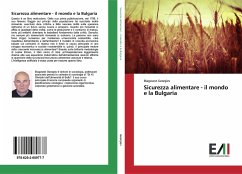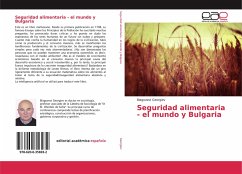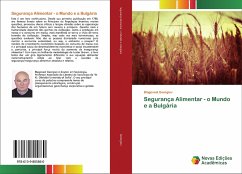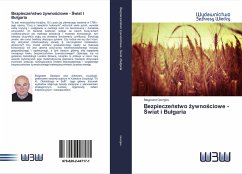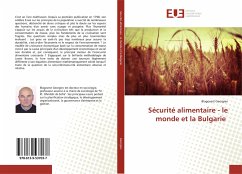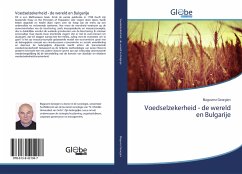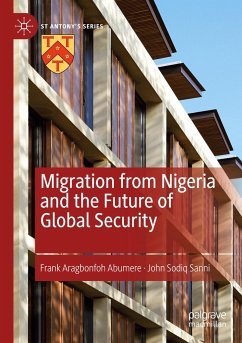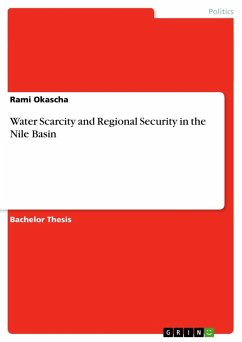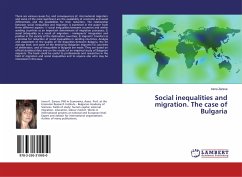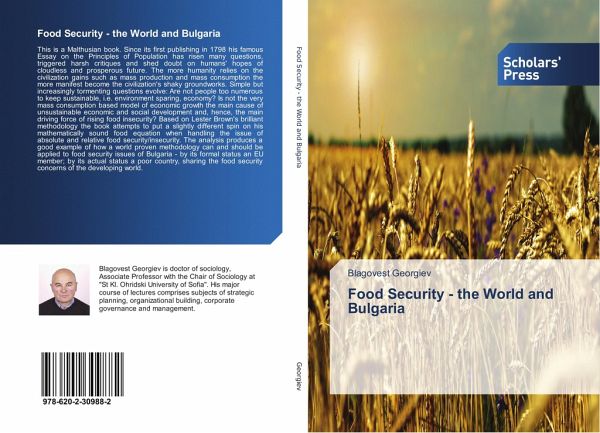
Food Security - the World and Bulgaria
Versandkostenfrei!
Versandfertig in 6-10 Tagen
38,99 €
inkl. MwSt.

PAYBACK Punkte
19 °P sammeln!
This is a Malthusian book. Since its first publishing in 1798 his famous Essay on the Principles of Population has risen many questions, triggered harsh critiques and shed doubt on humans' hopes of cloudless and prosperous future. The more humanity relies on the civilization gains such as mass production and mass consumption the more manifest become the civilization's shaky groundworks. Simple but increasingly tormenting questions evolve: Are not people too numerous to keep sustainable, i.e. environment sparing, economy? Is not the very mass consumption based model of economic growth the main ...
This is a Malthusian book. Since its first publishing in 1798 his famous Essay on the Principles of Population has risen many questions, triggered harsh critiques and shed doubt on humans' hopes of cloudless and prosperous future. The more humanity relies on the civilization gains such as mass production and mass consumption the more manifest become the civilization's shaky groundworks. Simple but increasingly tormenting questions evolve: Are not people too numerous to keep sustainable, i.e. environment sparing, economy? Is not the very mass consumption based model of economic growth the main cause of unsustainable economic and social development and, hence, the main driving force of rising food insecurity? Based on Lester Brown's brilliant methodology the book attempts to put a slightly different spin on his mathematically sound food equation when handling the issue of absolute and relative food security/insecurity. The analysis produces a good example of how a world proven methodology can and should be applied to food security issues of Bulgaria - by its formal status an EU member; by its actual status a poor country, sharing the food security concerns of the developing world.



